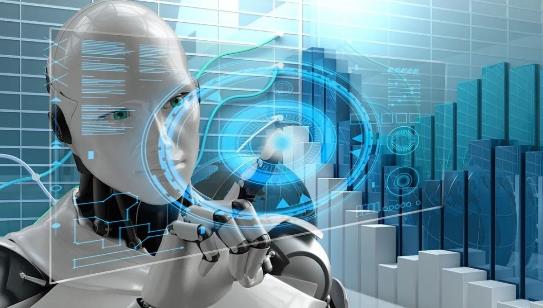The Rise of Artificial Intelligence and Its Potential Threat to Democracy.

The rapid development of artificial intelligence (AI) has raised concerns among experts about its potential to undermine democratic principles and processes. While AI offers immense opportunities for societal progress, its unchecked development and application could pose significant risks to the foundations of democracy.
One of the primary concerns is the misuse of AI for manipulating public opinion and influencing elections. Generative AI technologies, such as deepfakes, can create highly realistic and convincing videos that could be used to spread misinformation or damage the reputation of political figures. This could erode public trust in democratic institutions and make it easier to manipulate voters towards certain candidates or agendas.
Furthermore, the use of AI algorithms for decision-making, such as in targeted advertising or social media content moderation, could lead to discrimination and the amplification of existing inequalities. AI systems can perpetuate biases embedded in the data they are trained on, leading to unfair outcomes for certain groups of people. This could exacerbate social divisions and undermine the principles of fairness and equality that are essential to democratic societies.
Moreover, the increasing reliance on AI for critical infrastructure, such as voting systems and cybersecurity, could create vulnerabilities that could be exploited by malicious actors. If AI-controlled systems are hacked or manipulated, it could disrupt democratic processes and even threaten the stability of entire nations.
In order to mitigate these risks and ensure that AI serves to strengthen democracy rather than undermine it, there is a need for responsible development and deployment of AI technologies. This includes:
Promoting transparency and accountability: Clear explanations of AI systems, their decision-making processes, and their potential biases should be made available to the public. This will allow for informed public discourse and oversight of AI applications.
Ensuring fairness and non-discrimination: AI systems should be rigorously tested for bias and fairness before being deployed, and algorithmic fairness should be built into their design from the outset. This will prevent discrimination and ensure that AI systems are used in a way that upholds democratic values.
Protecting against misuse: Robust cybersecurity measures should be implemented to safeguard AI systems from cyberattacks and unauthorized access. This will prevent malicious actors from exploiting AI vulnerabilities to disrupt democratic processes or harm individuals.
As AI continues to evolve and permeate various aspects of society, it is crucial that we adopt responsible and ethical practices to ensure that it benefits rather than hinders democratic principles and values. By addressing the potential risks and promoting responsible development, we can harness the power of AI to strengthen our democratic systems and create a more equitable and inclusive society.